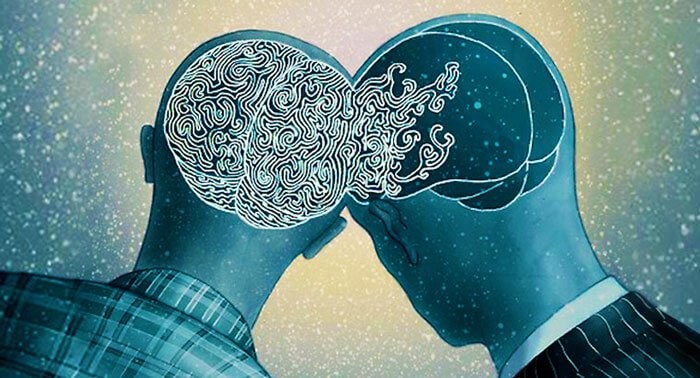
Empathy & Academia
Recently I read an article on LinkedIn that discussed empathy and leadership. Mandy O’Neill, an assistant professor at George Mason University stated that great leaders are empathetic towards their workers. Empathy is the ability to relate and recognize others’ feelings (both good and bad) and respond in kind with the appropriate emotion. It allows an individual to gain a better understanding of another human being and connect on a deeper level. Leading with empathy can create an environment with policies and practices that benefit the team, department, or company. The article I read mostly focused on empathy in business, but I began to ponder if empathetic leadership was present in the academic realm.
Empathy is the ability to relate and recognize others’ feelings (both good and bad) and respond in kind with the appropriate emotion.
Academic research is a highly competitive environment. Within the walls of the academic lab, there are individuals at various stages all competing to establish a research project that makes it into high-impact journals. Departmental chairs and professors all have had to survive a Ph.D. program by demonstrating the ability to craft scientific ideas and implement experiments to test the ideas. One would think this experience would make them empathetic towards the graduate student who is beginning or currently traversing the Ph.D. program. Unfortunately, empathetic mentors are not the norm.
I have witnessed as well as heard the horror stories where professors lacked empathy towards their mentee. I have heard of situations where a mentee's mental health was failing due to an apathetic mentor. The pressures of classes, qualifying exams, competing with the mentor’s favorite, failed experiments, and lack of knowledge can wear a mentee’s spirit down. This pressure is compounded by the realities of life that wait outside for the mentee once they leave for the day – relationships, health issues, family, house/car problems, bills, loans, etc. Mentors have faced in one shape or another all these experiences, yet many lack the ability or don’t care to extend an empathetic hand.
Research has shown that individuals in power positions tend to do less perspective-taking as well as pay less attention to people in lower positions. Empathy is difficult to achieve in hyper-competitive and bottom-line driven industries and organizations. We spend more time with our colleagues in academic labs than our family and friends. Thus it is imperative to include empathy in the lab space because it will ensure success and maintain a healthy environment for all parties involved.
Mentors do not need to be perfectly attuned to their mentees all the time, but they cannot be tone deaf either
Julia Pryce’s (2012) conducted a study that investigated how mentors vary in their ability to read and attend to the needs of their mentees. She discovered that mentors do not need to be perfectly attuned to their mentees all the time, but they cannot be tone deaf either. A meaningful and successful relationship requires the mentor to learn their mentee - meaning who they are, what kind of mentoring they require, what makes them tick and being able to properly respond. Mentors who use observation, conversation, and intuition can identify the emotional drivers behind their mentee's behavior. This newfound insight can help the mentor encourage and direct professional growth while avoiding demoralization and alienation. Feeling understood by the mentor can help validate the mentee's purpose and build trust.
When mentors work to understand their mentees, they can encourage and support them. Consistent empathetic engagement is essential because emotional states are dynamic never static. Leading with empathy creates strong communication and collaboration, leading to successful and inspired mentees.


Assistant Project Scientist
5ySuch an important conversation for everyone in academia to think about, Denise! Thanks for posting!
BioPhysics
5yYes, I am grateful for all the great mentors and colleagues that have had a positive impact in my career. Empathy expression certainly is the fruit of hard, good work. Thanks, Denise, Go Blue
Change Maker | Leader
5yMentors need to treat this as a requirement, not an option. I'm tired of seeing so many capable amazing individuals be degraded by the academic system. It's unacceptable!
UC San Diego Distinguished Professor of Pediatrics and Pharmacy | Vice Chair for Basic Research | Chief, Division of Host-Microbe Systems and Therapeutics
5yCritical element of mentorship and collaboration